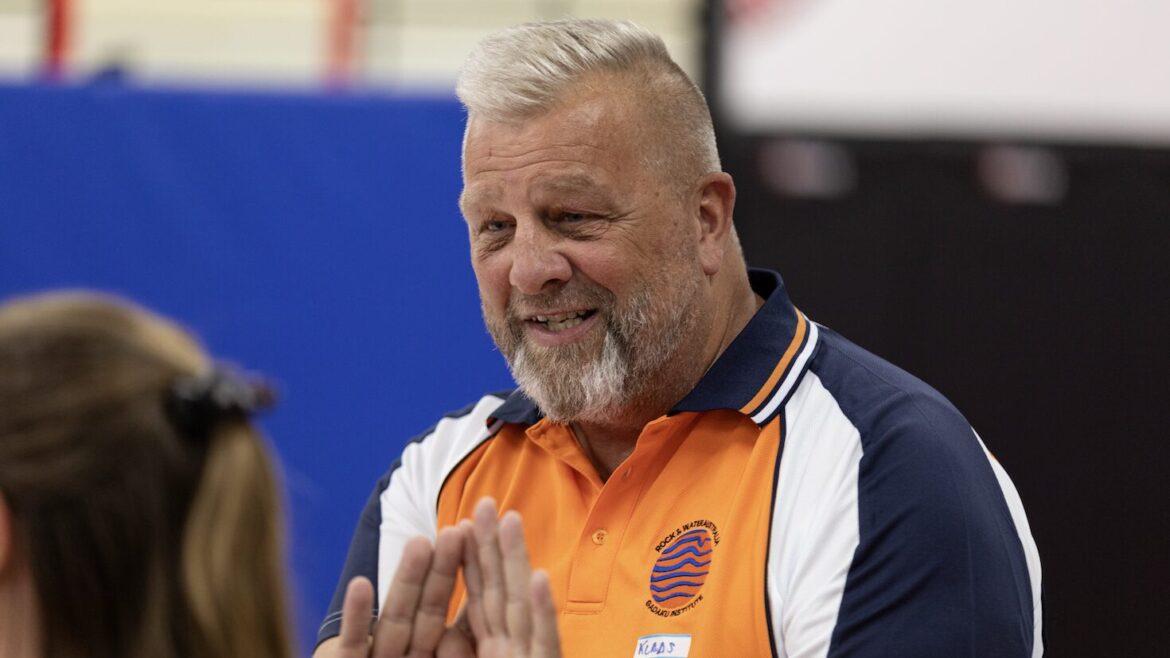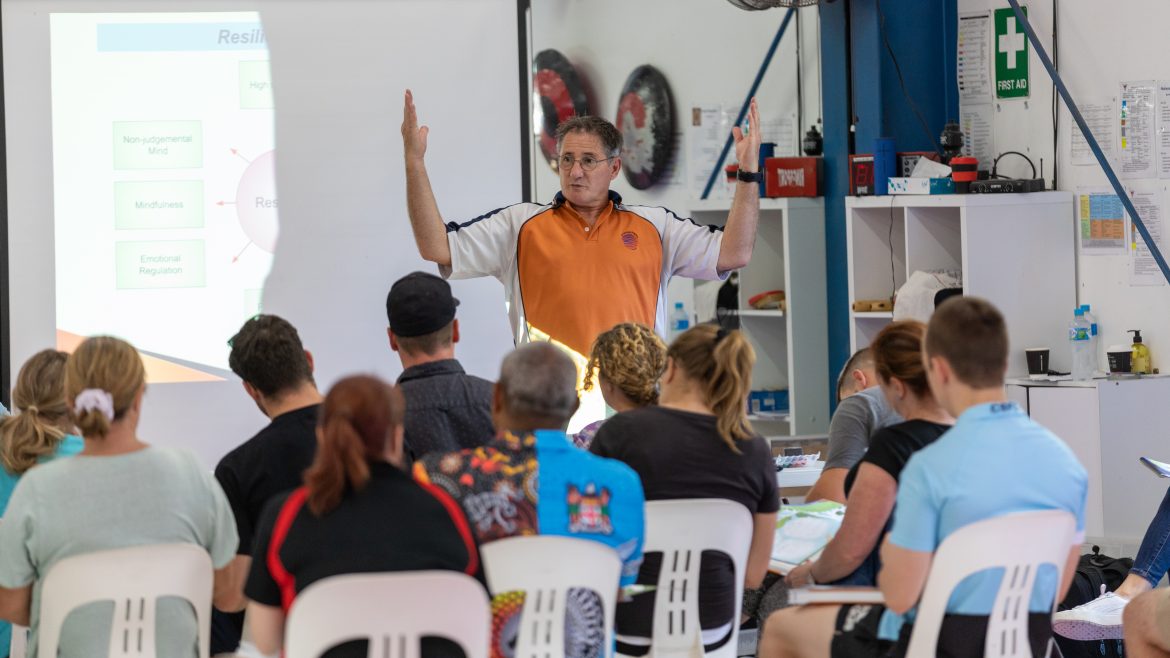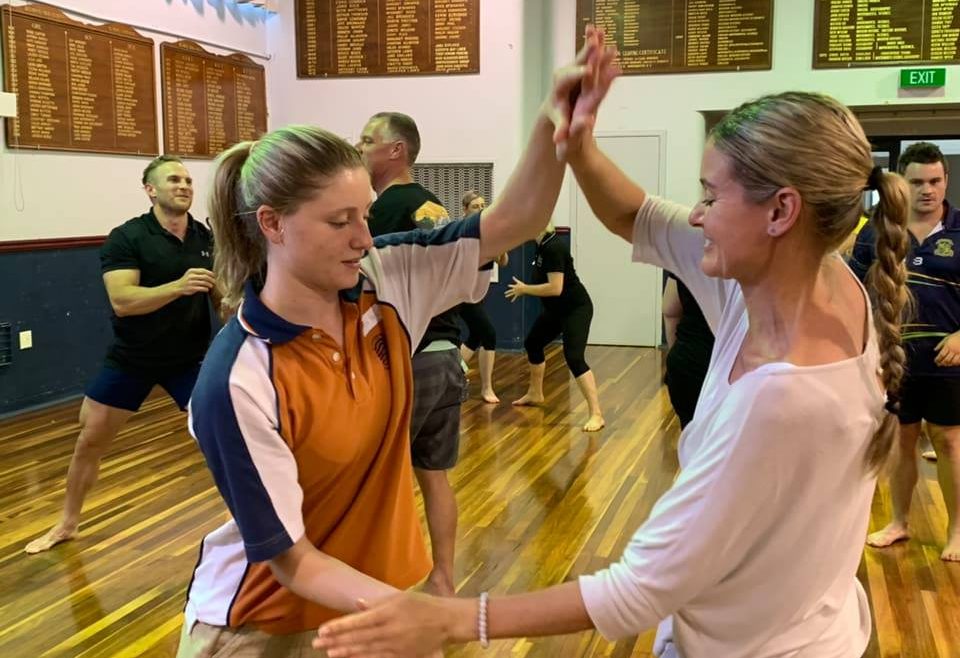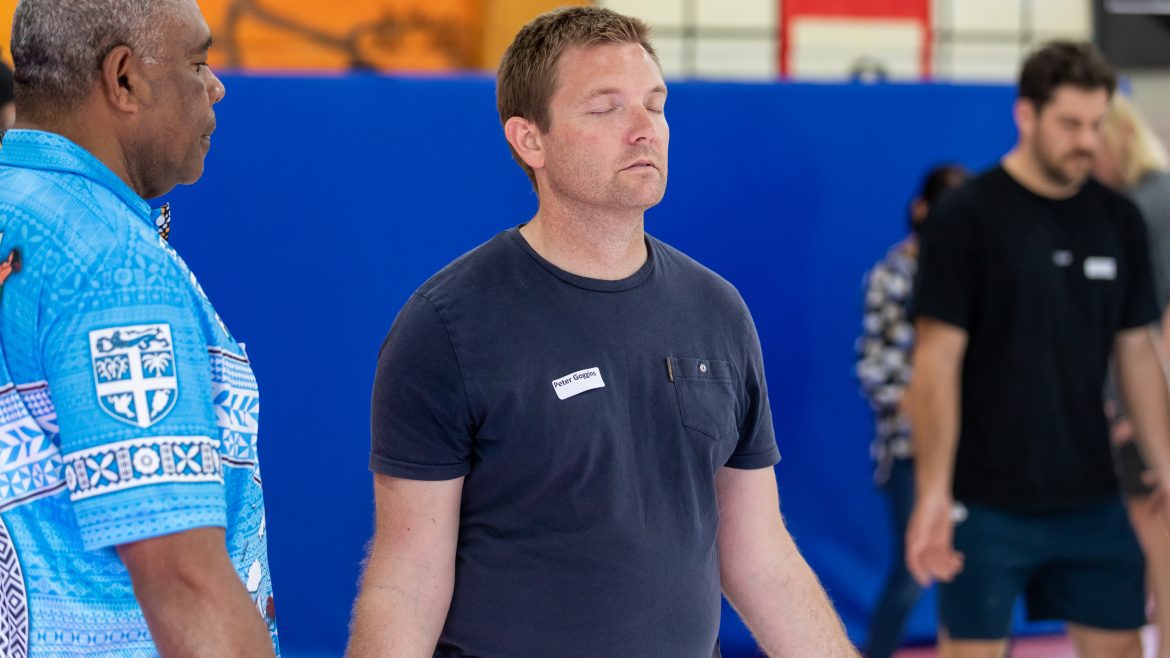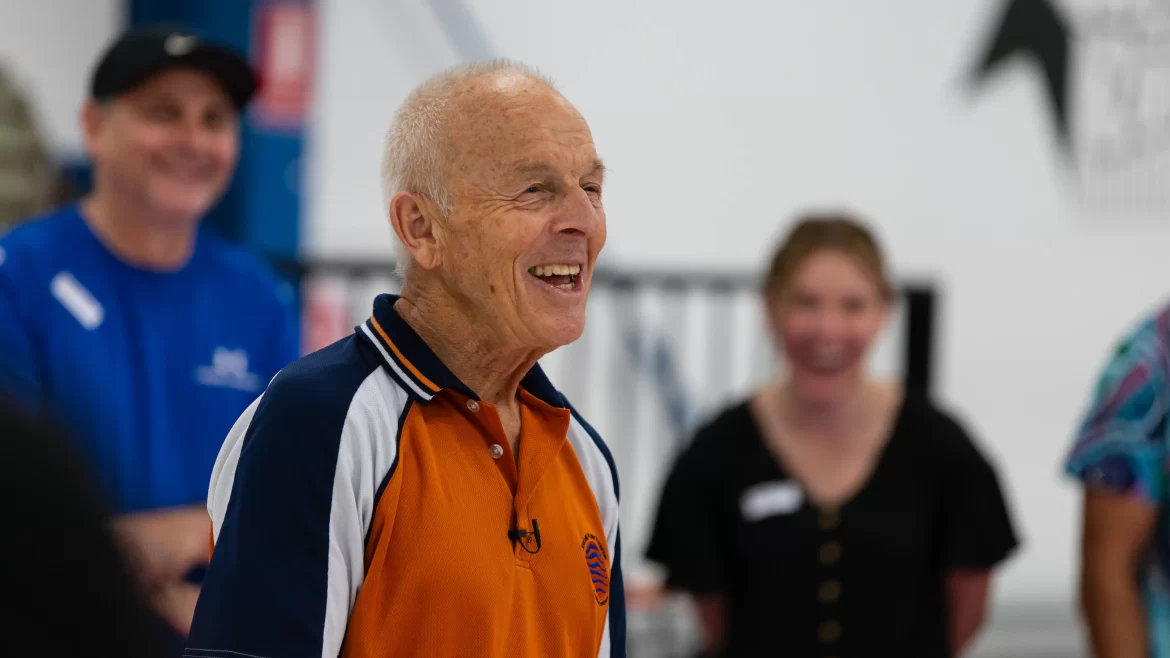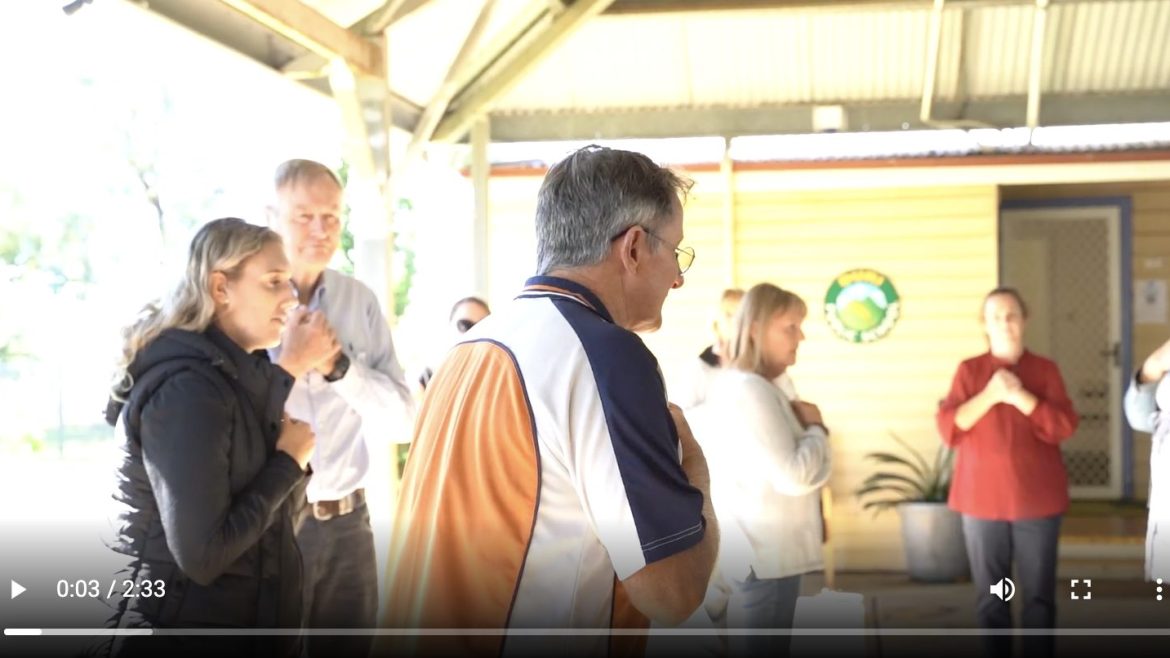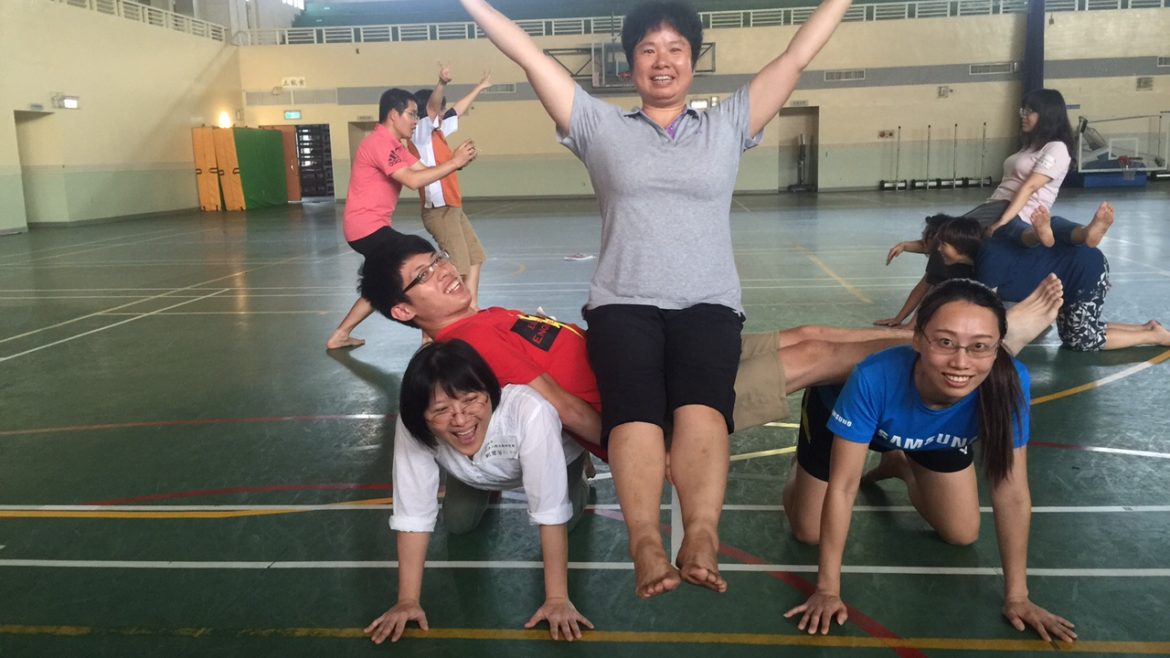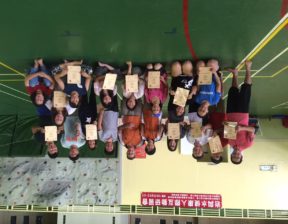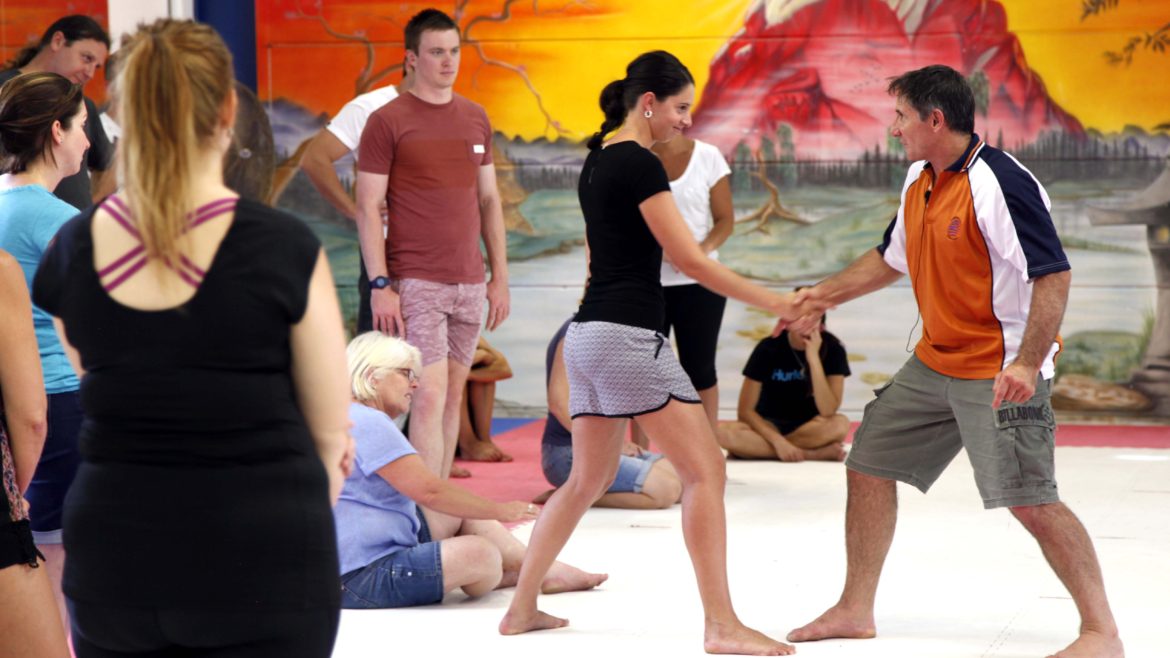The Power of Physical Communication: Klaas van der Veen teaches Rock and Water in QLD
We are excited and privileged to welcome Klaas van der Veen as a guest facilitator for the upcoming Rock and Water 3-Day Workshops at William Ross State High School in Townsville (11–13 August) and Bray Park State School (18–20 August), both in Queensland.
Klaas brings a wealth of international experience, deep knowledge, and genuine passion for the Rock and Water approach.
We invite you to read more about Klaas and his incredible journey below.
BIO – Klaas van der Veen (Born 25 April 1962, Leeuwarden, The Netherlands)
I have been a Rock and Water trainer since 2002.
My company is called FYSYKwurk, because for me, communication starts with the body.
“FYSYK” means physical, and “wurk” means work in Frisian, my mother tongue, spoken in the north of the Netherlands.
I’m a Master Instructor with the Dutch Rock and Water Institute. Since 2014, I’ve been delivering the 3-day Basic Trainer workshop and the 2-day Young Child seminar. Over the years, I’ve had the privilege of presenting Rock and Water seminars around the world, mostly across the Netherlands, but also in places as far as Lima (Peru), Nairobi (Kenya), and Kampala (Uganda).
In my early career as a social worker in a boys’ institution, I discovered the power of physical communication. I saw firsthand how movement and body awareness could unlock verbal and mental development. So when Freerk Ykema, the founder of the Rock and Water Program, developed his theoretical framework, it immediately resonated with me. Everything clicked.
I’ve dedicated my life to working with young people and helping build stronger social and emotional skills.
– Rock qualities help us stand strong and find our own path.
– Water qualities help us connect, collaborate, and live well together on this beautiful planet.
The Rock and Water Program truly has the power to change lives.
My wife Harriette, who is also a Master Instructor with the Rock and Water Institute, shares this passion with me. Together, we work to support and strengthen the people we teach.
We live on a small farm near a national park in the north of the Netherlands, surrounded by our two dogs, three cats, two goats, ten chickens, and one proud rooster!
When we’re not working, we spend as much time as we can with our five children and seven grandchildren.
I’m a lifelong sports enthusiast. I played high-level volleyball in my younger years and now proudly cheer on both my sons who play too. Harriette and I are also big fans of speed skating, we follow and support our national champions every winter.
I’m really looking forward to leading the 3-day workshops in Townsville and Brisbane this August.
Hope to see you there…high five, fist bump, or hug!
– Klaas

